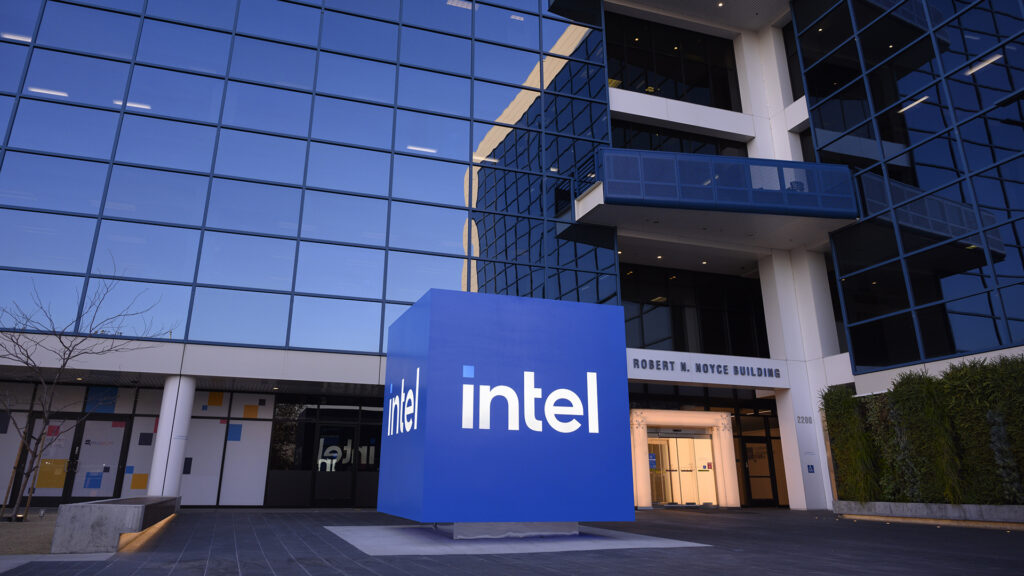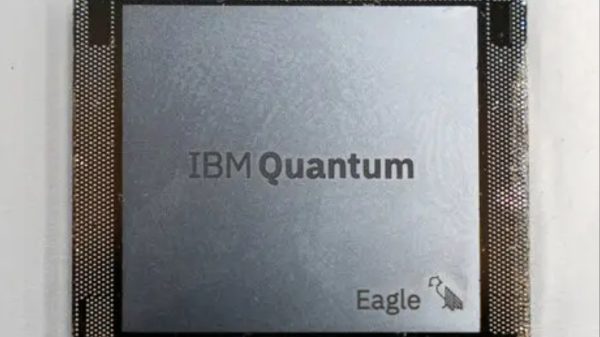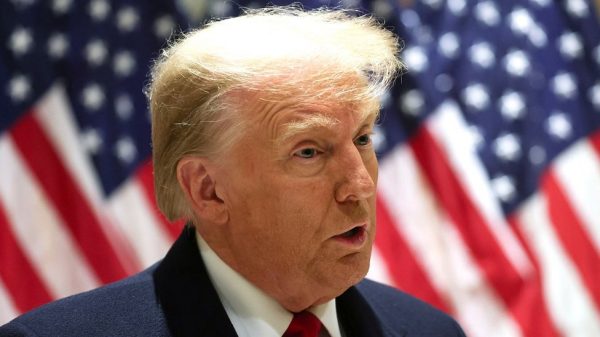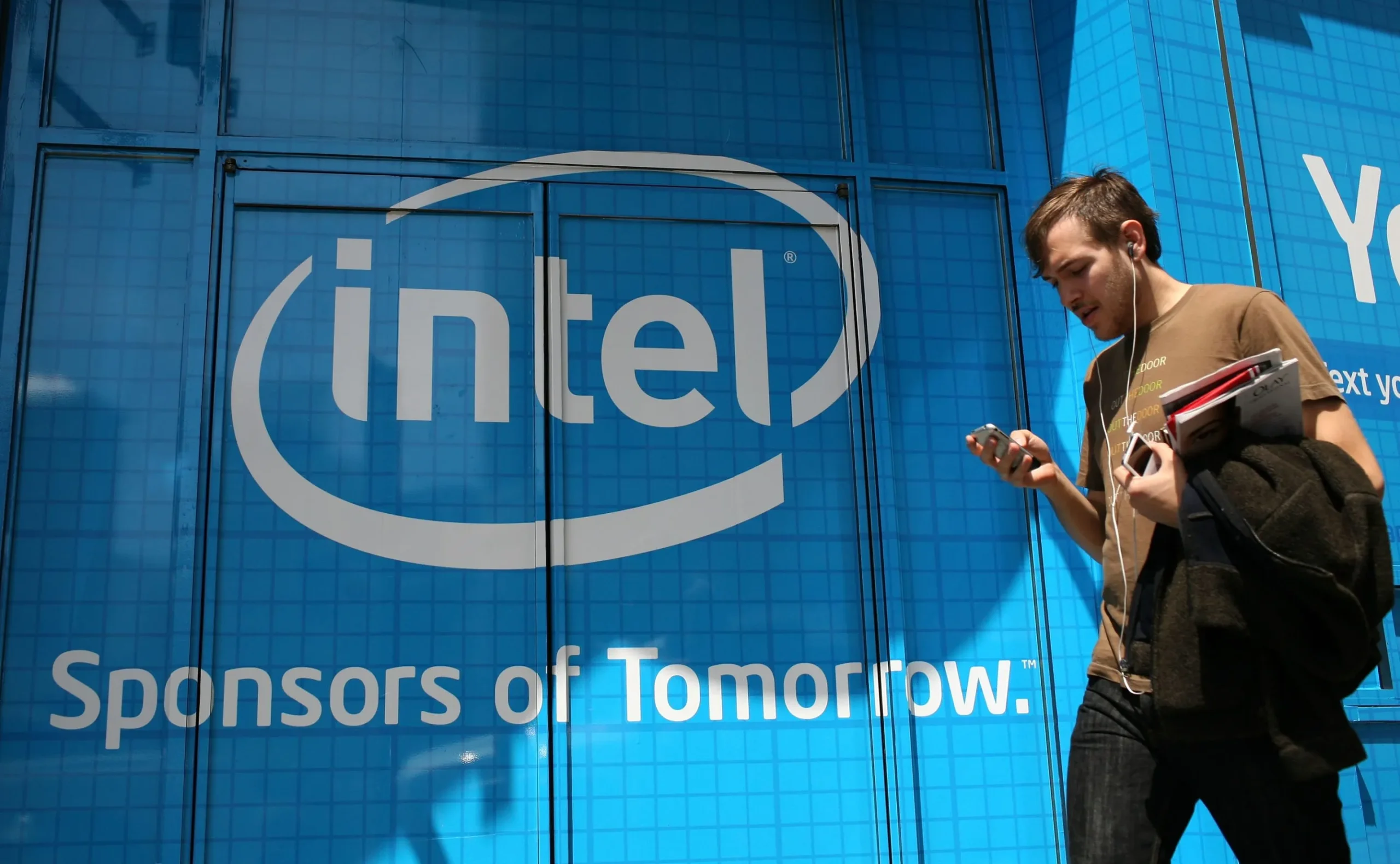Intel recently achieved a major legal victory in its long-running battle with the European Union, successfully overturning a €1.06 billion ($1.1 billion) fine initially imposed in 2009. The EU Court of Justice found that regulators had not provided enough evidence to show Intel’s rebates to PC makers were illegal, which led to the annulment of the original fine.
Despite this favorable ruling, Intel is still facing legal challenges in Europe, as it contests a new €376 million ($406 million) fine imposed by the European Commission in 2022 based on similar allegations.
The case began when the EU ruled in 2009 that Intel allegedly used concealed rebates to limit AMD’s presence in the CPU market. EU authorities accused Intel of paying manufacturers to delay or discontinue products powered by AMD’s chips, referring to these actions as “naked restrictions” on competition.
This decision set off a lengthy series of legal proceedings, with Intel challenging the ruling. In 2017, the highest European court called for a re-evaluation of the case, questioning whether the Commission had properly analyzed the impact of Intel’s practices on competitors.

Intel Overturns €1 Billion EU Fine, Faces New Challenges Amid Shifting Chip Market
By 2022, Europe’s General Court sided with Intel, deciding that the European Commission had not thoroughly evaluated whether the rebates had harmful competitive effects.
Due to this incomplete analysis, the court overturned the €1.06 billion fine, concluding that there was no conclusive evidence that Intel’s rebates were anti-competitive. This decision substantially reduced Intel’s financial liability and was a pivotal moment in the lengthy legal battle, as the fine was effectively nullified.
The European Commission attempted to appeal the ruling, but the EU Court of Justice upheld the General Court’s decision. Although Intel did not dispute the “naked restrictions” finding, it is contesting the €376 million fine imposed in 2022 on these grounds.
Moreover, Intel has sued the EU to recover interest paid on the original €1.06 billion fine, indicating the company’s determination to push back against financial penalties tied to this prolonged case.
Since the original ruling in 2009, the CPU market has shifted significantly. Intel’s share has fallen from 81 percent to 63 percent due to increased competition and production challenges, while rivals such as TSMC have gained prominence as a manufacturing leader for AMD and others.
Intel itself has outsourced about 30 percent of its production to TSMC, underscoring changing dynamics in chip manufacturing. This court victory highlights Intel’s strong legal strategy, allowing it to effectively defend against substantial penalties despite shifting market conditions and operational challenges.









































